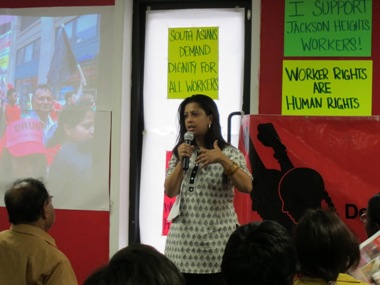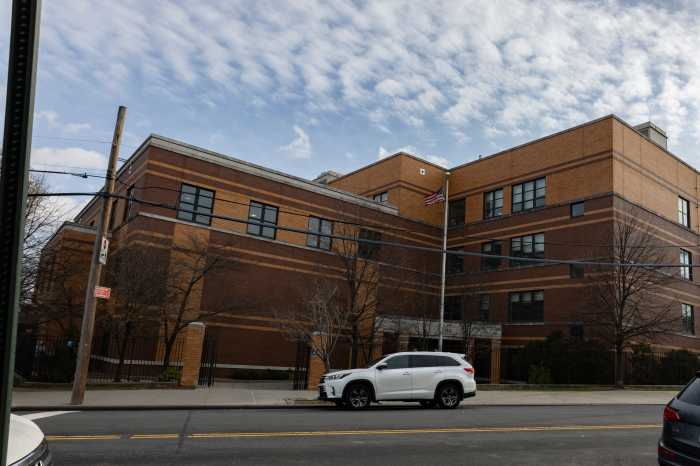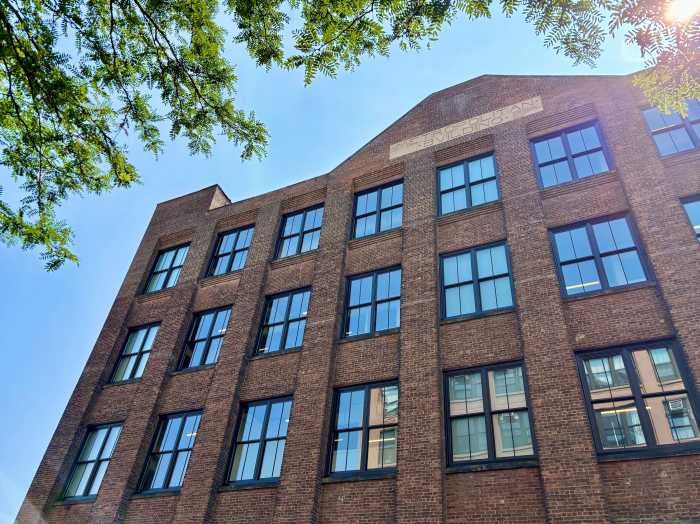Low-wage South Asian workers in the city are suffering from human rights violations at their workplaces through discrimination, according to a new study.
The report, which is the first ever to focus on Asian immigrant workers, is the result of about 200 surveys conducted by Desis Rising Up & Moving (DRUM) and the Community Development Project (CDP) at the Urban Justice Center.
The findings were released at a press conference in DRUM’s office in Jackson Heights on July 18, and found that employees are consistently underpaid, earn less that industry averages, and experience harassment while working in hazardous conditions.
“It is distressing to learn that in this day and age employers are still not paying workers or are paying them below minimum wage,” said Councilmember Daniel Dromm, who is chair of the Immigration Committee.
After the conference, workers went out to the streets to drum up support with postcard signatures.
“I categorically state that we will not tolerate these crimes,” Dromm said. “In all work there is dignity. Workers must be treated with respect.”
The report highlighted that more than half of all survey respondents make less than minimum wage, and respondents make, on average, $5.03 less — sometimes as high as $16.43 less — than the average New Yorker in the same occupation.
Two-thirds of domestic workers surveyed said they are not allowed to take breaks, while 95 percent have no health insurance and 75 percent can’t take any paid sick days. Also, one in five survey respondents reported workplace harassment.
DRUM officials say one of the reasons for the discriminatory treatment is because many of the laborers are illegal immigrants.
“Sometimes the employers blackmail us because we do not have papers, saying ‘If you do something I will call immigration,’” said a Bangladeshi retail worker at the conference.
South Asians comprise approximately 23 percent of the undocumented immigrant population in the city. With the new research they are poised to step forward to fight for rights.
DRUM plans to use stats from this report to foster South Asian workers’ rights locally, nationally and globally. Later this year, the organization plans to launch the Global South Asian Migrant Workers Alliance to bring together undocumented laborers from around the globe.
“As one of the fastest growing communities and one of the most targeted after 9/11, South Asian immigrant workers are speaking out to join a growing call for respect for labor and human rights,” Maulik said.



































